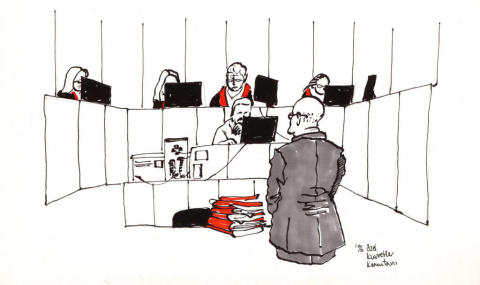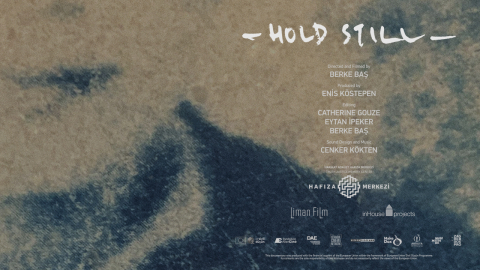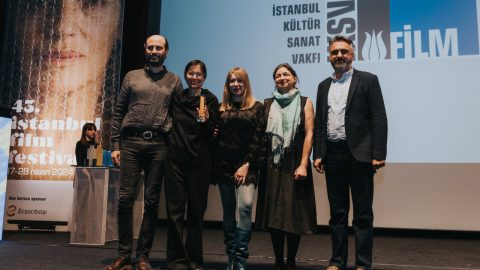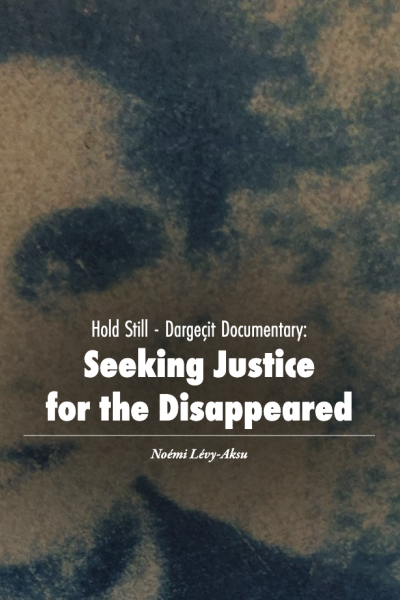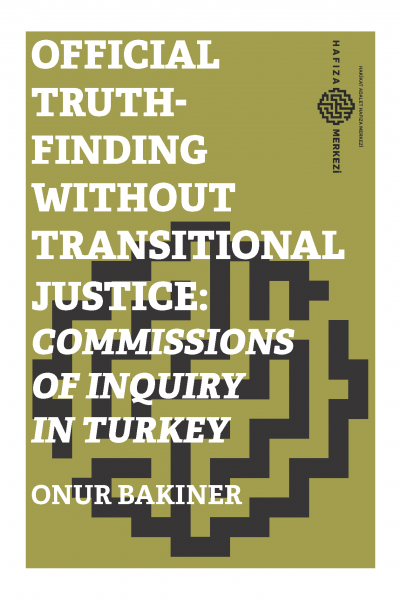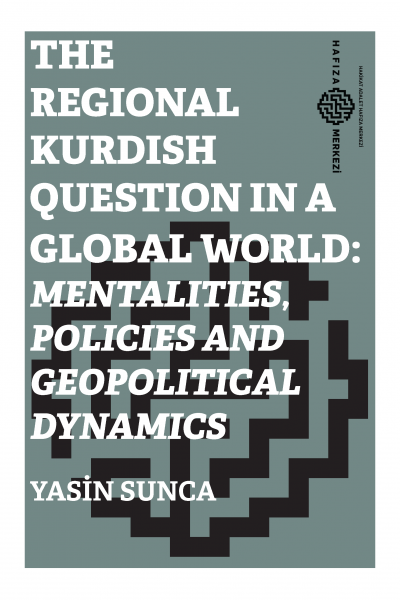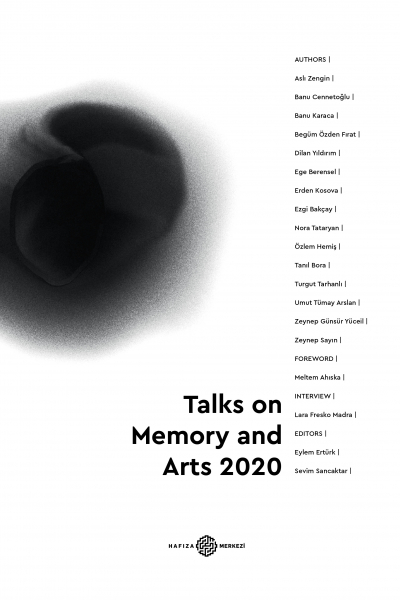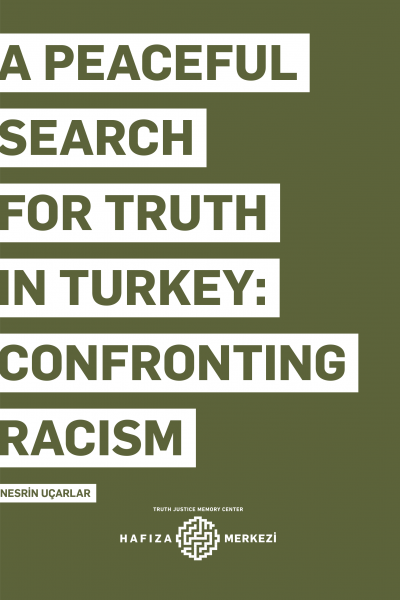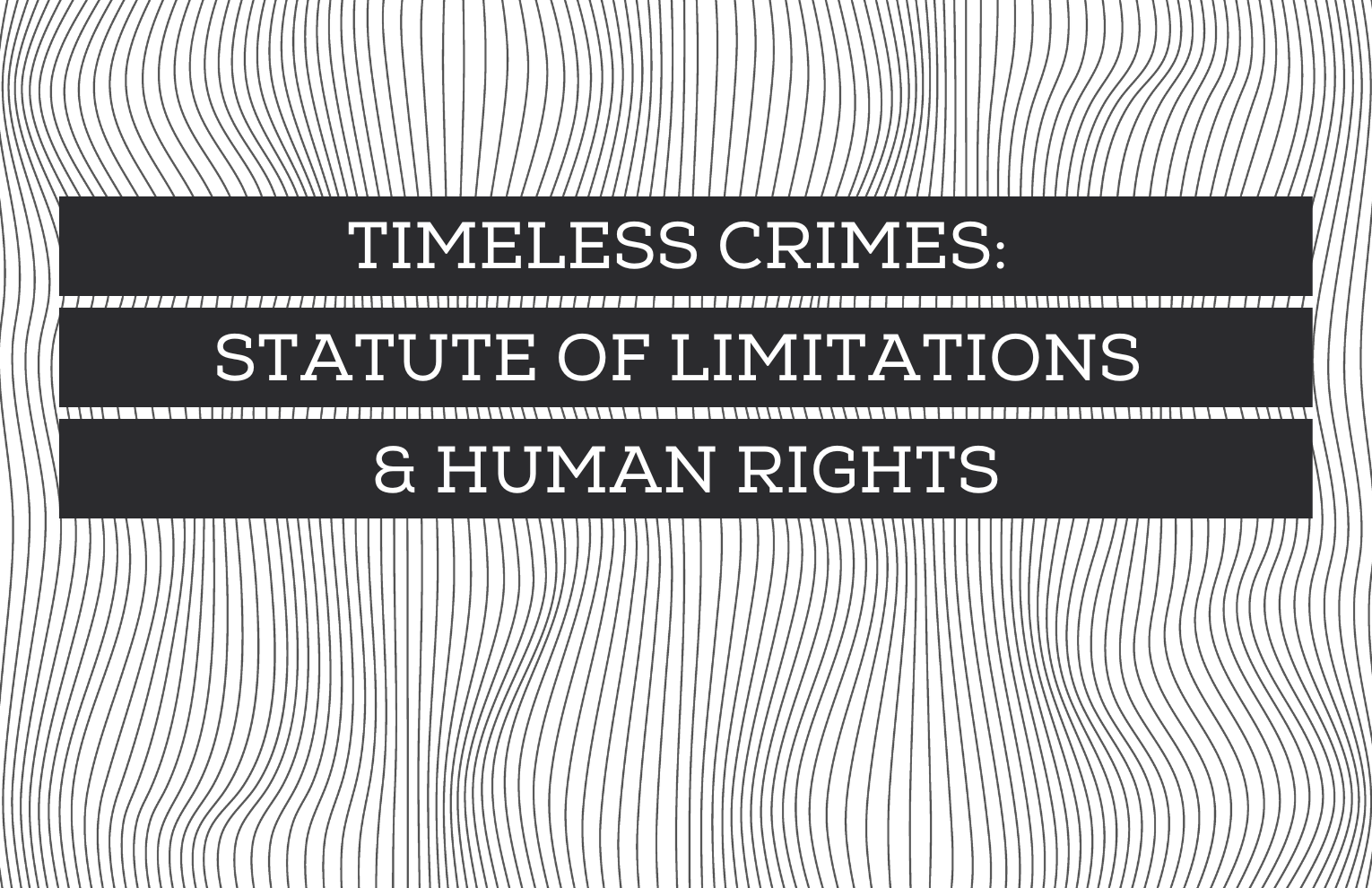
Timeless Crimes: Statute of Limitations and Human Rights
The history of the Republic of Turkey, as in many states with imperial pasts and nationalist ideologies, is characterized by distorted and covered-up realities, massacres, rights violations and examples of persecution. The massacres, gross human rights violations, discrimination and hate speech that Armenian, Greek, Assyrian, Jewish, Kurdish and Alevi individuals and communities have been subjected to since the end of the Ottoman Empire have still not been confronted in these days of celebrating the 100th anniversary of the Republic.
As Hafıza Merkezi, we have been working for the last ten years to document the gross human rights violations committed in the 1990s and to understand their manifestations today. Between 2009 and 2014, we closely monitored 12 lawsuits filed with successive indictments concerning the widespread and systematic extrajudicial executions and enforced disappearances committed by state officials in the 1990s. A significant number of these lawsuits resulted in the acquittal of the defendants. In these cases, no effective prosecution was carried out and impunity was ensured. Statutes of limitations were also frequently used to dismiss cases of human rights violations. The cases concerning the murder of Musa Anter and the enforced disappearance of Ayten Öztürk were dropped in September 2022, on the grounds that the thirty-year statute of limitations had expired. This means that in the coming days, we will see more cases related to state crimes in Turkey's become time-barred.
For this reason, Hafıza Merkezi will be organizing a series of activities aimed at assessing the abuse of the statute of limitations in the trials of gross human rights violations in Turkey and raising awareness around the issue.
In this context, in the coming days:
- We will organize an international symposium addressing the concept of statute of limitations in its legal, political and historical dimensions,
- We will come together in a four-day film screening program that touches on the relationship between time and atrocities with different examples from around the world,
- We will share informative content on the statute of limitations in Turkey on our social media accounts.
Symposium on Statute of Limitation and Human Rights
Date: September 22, Friday
Venue: Anarad Hığutyun Building, Papa Roncalli Sk. No: 128 Harbiye, Şişli, İstanbul 34374
10:30 - 12:30
Legal, Political and Historical Context
Moderator: Emel Ataktürk Sevimli
Hülya Dinçer - MEF University
Saniye Karakaş - Turkey Human Rights Litigation Support Project (TLSP)
Serdar Tekin - Human Rights Foundation of Turkey (HRFT)
Yeşim Yaprak Yıldız - Goldsmiths, University of London
14:00 - 15:30
Examples of International Struggle
Moderator: Noémi Lévy-Aksu
David Roberts - Leigh Day, United Kingdom
Emilio Silva - Asociación para la Recuperación de la Memoria Histórica (ARMH), Spain
Marcela Perelman - Centro de Estudios Legales y Sociales (CELS), Argentina
16:00 - 18:00
Struggle Experiences from Turkey, Resistance and Transformation
Moderator: Esra Kılıç, Özgür Amed
Abdulaziz Altunkaynak
Dicle Anter
Eren Baskin
Sebla Arcan
Shiyar Kaymaz
Film Screening Program
Date: September 18-21, 2023, 19.00
Venue: Kadıköy Cinema - Osmanaga, Bahariye Cad. Kadıköy Pasajı No: 25, Kadıköy, Istanbul
- Monday, September 18 - The Silence of Others - dir. Almudena Carracedo, Robert Bahar (2018)
- Tuesday, September 19 - The Investigator - dir. Viktor Portel (2022) (Turkish premiere)
- Wednesday, September 20 - The Act of Killing - dir. Joshua Oppenheimer (2012)
- Thursday, September 21 - The Look of Silence - dir. Joshua Oppenheimer (2014)
Background
While statute of limitations as a norm is justified for good reasons, such as ensuring that perpetrators are punished within a reasonable time and that their future is not clouded by the risk of constant prosecution, it should not override the obligation of states to investigate and punish perpetrators of crimes against humanity.
A similar approach, that standard statutes of limitations cannot be applied to prosecutions for gross violations of human rights, has been adopted as a fundamental principle in many international conventions and jurisprudence of human rights mechanisms since the 1960s. These sources include the United Nations (UN) and Council of Europe Basic Principles and Guidelines, the case law of the European Court of Human Rights (ECtHR) and the Inter-American Court of Human Rights (IACtHR).
What these instruments have in common is that they impose a series of duties on states to effectively investigate gross human rights violations, prosecute perpetrators, establish the truth, and prevent recurrence. It is accepted that the statute of limitations can only apply if the state has fulfilled these duties, and that no state should hide behind limitations to justify impunity.
Judicial practice in Turkey, on the other hand, ignores these norms established in international law. As is well known, there have been numerous court cases in Turkey regarding the widespread and systematic extrajudicial executions and enforced disappearances committed by state agents in the 1990s. These cases were opened with indictments issued between 2009 and 2014.
The 12 cases, known as "confrontation trials" and which we as Hafıza Merkezi monitored, mostly resulted in the acquittal of the defendants. In these cases, which were related to the crimes of extrajudicial executions and enforced disappearances committed with the involvement of state officials in the 1990s, no effective prosecution was carried out and impunity was ensured for the crimes committed with different methods. The Dargeçit Case; the JİTEM, Musa Anter and Ayten Öztürk Case; the Ankara JİTEM Case and the Vartinis (Altınova) Massacre Case continued to be tried until recent years.
The files on the murder of Musa Anter and the enforced disappearance of Ayten Öztürk were separated from the main JİTEM case and dropped in September 2022, on the grounds that the thirty-year statute of limitations had expired. The case against the fugitive defendants of the Madımak Massacre is still being tried in Ankara and is at risk of being time-barred as of July 2023. The Vartinis Massacre case is also expected to be dropped this year for the same reasons.
